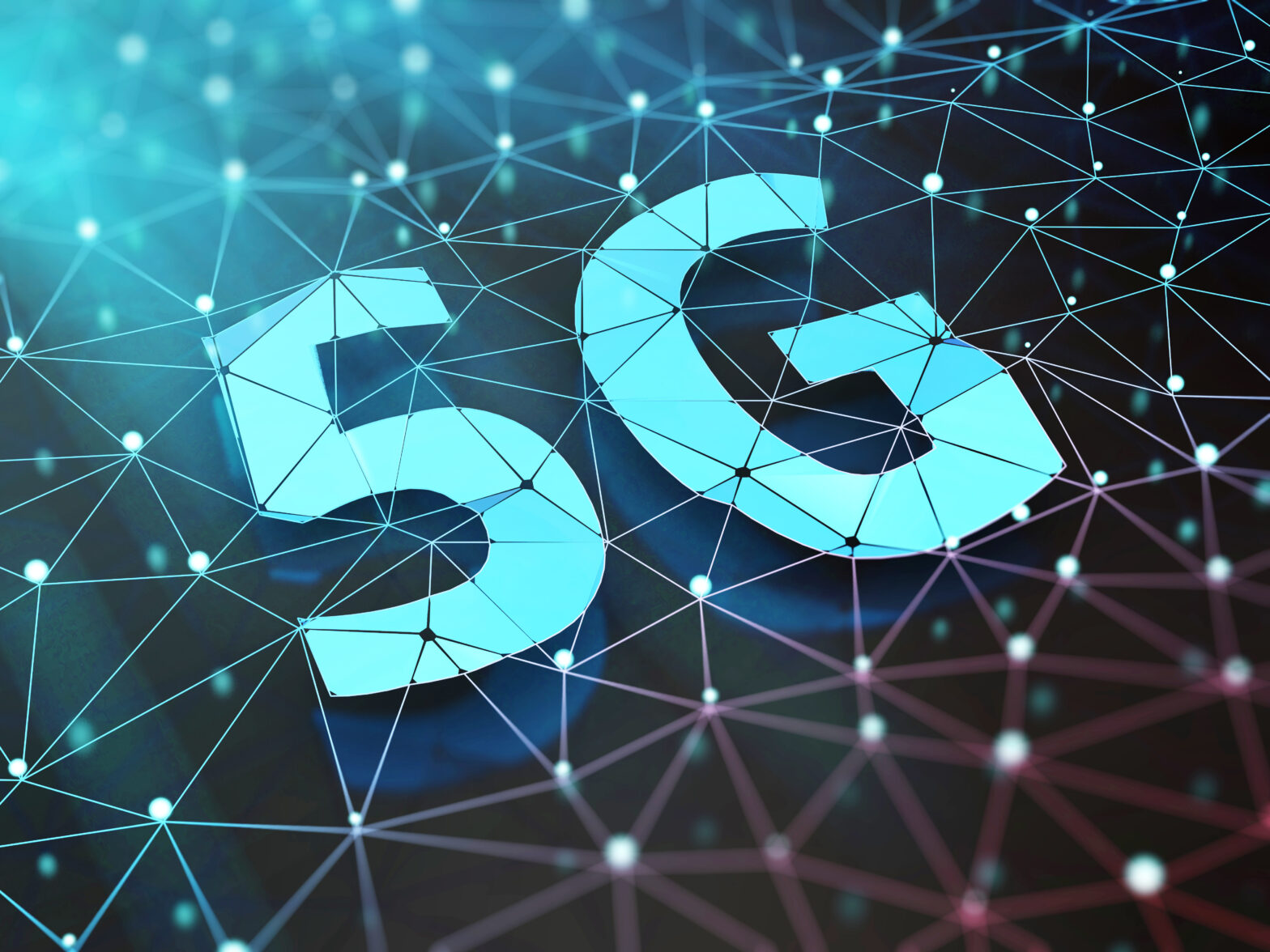Not only does 5G promise to boost efficiency and unleash the potential of automation, but it will also enable us to explore developing technologies such as virtual reality (VR) and augmented reality (AR)
The first 5G networks will begin to arrive in 2020, resulting in unparalleled levels of disruption.
>See also: ‘5G will take innovation to the next level, and the possibilities are endless’
Organisations need to prepare for the possibilities that this next-generation connectivity will offer with those that are fastest to embrace the changes set to gain a competitive advantage over their rivals. This next-generation network connectivity is set to reinvent the world of business — here are five reasons why 5G is the future:
1. Autonomous cars
5G is absolutely essential to the future of autonomous cars. These vehicles will need to detect obstacles, interact with smart signs, follow precise maps and communicate with each other, even with cars made by other manufacturers.
Huge amounts of data will need to be transmitted and processed in real time in order to ensure passenger safety and only 5G is capable of providing the capacity, speed, low latency and security needed to bring millions of autonomous cars to the roads.
Not only do autonomous cars have the potential to reduce pollution and congestion and improve passenger safety, but they could also open up an entirely new market. As drivers become passengers, they will gain extra free time that they did not have, either to work or relax.
>See also: What will 5G mean for businesses?
This could lead to new entirely new platforms and formats tailored to specific journey times. Intel describes this brand new sector as the ‘Passenger Economy’ and predicts that it will be worth a massive $7 trillion by 2050.
2. Smart cities
The smart cities of the future will rely heavily on connected devices, many of which will need to interact with autonomous cars. New modes of public transport will emerge, such as on-demand smart buses and flying drone taxis, which will also rely on next-generation network connectivity. Smart buildings will enable businesses to work more efficiently by regulating energy consumption, while devices such as smart billboards will enable companies to target consumers more directly.
What’s more, smart city data will help authorities and town planners to understand how resources such as electricity are used in cities as well as how traffic and commuters move around the area. In turn, this will provide a clearer picture of any gaps in local services. The 5G-based infrastructure that smart cities will be built on is set to offer a wide range of opportunities for forward-thinking businesses.
3. IoT technology
The Internet of Things (or IoT) is already gaining pace, but the introduction of 5G will provide the infrastructure to connect billions more devices to the internet. The increasing number of IoT devices in the home provides a big opportunity for hardware manufacturers but the real potential lies in industrial IoT.
This technology is already revolutionising a diverse range of sectors including manufacturing, agriculture and retail.
One sector that could be completely transformed is healthcare, with IoT helping to deliver treatment in completely new ways.
>See also: Could frustrations with network congestion be a thing of the past?
In the future, 5G will enable a host of new innovations such as remote robotic surgery and personalised medicine based on data from wearable health trackers.
The ability to monitor health to such a degree could well have a major impact on the insurance sector, with the price of premiums dictated by customer lifestyles. The industrial-scale transfer of sensitive data means that IoT security will be a source of major investment in coming years.
4. Immersive entertainment
5G networks will be vital for supporting the growing demand for mobile video. But 5G’s unparalleled data capacity, speed and low latency will also help to enable a new breed of immersive entertainment, thanks to technologies like VR and AR.
These technologies are already helping to boost the fan experience in sports and other live events with innovations such as AR games and interactive game day programmes, while VR is helping to recreate the live experience for those at home and on mobile devices. 5G will enable more innovations in this area.
>See also: EU to coordinate the connectivity of 5G
5. Communication and collaboration
While 5G will provide infrastructure for all sorts of new business models, its core function is to serve as a mobile network. As well as helping to streamline communications, 5G will help organisations to benefit from big data by improving data transfer speeds.
And along with the business insights gained through data analytics, 5G will help to support remote working, and also help colleagues to work on cloud-based collaborative documents and platforms in real time.
Sourced by Alex Gledhill, Intel UK







